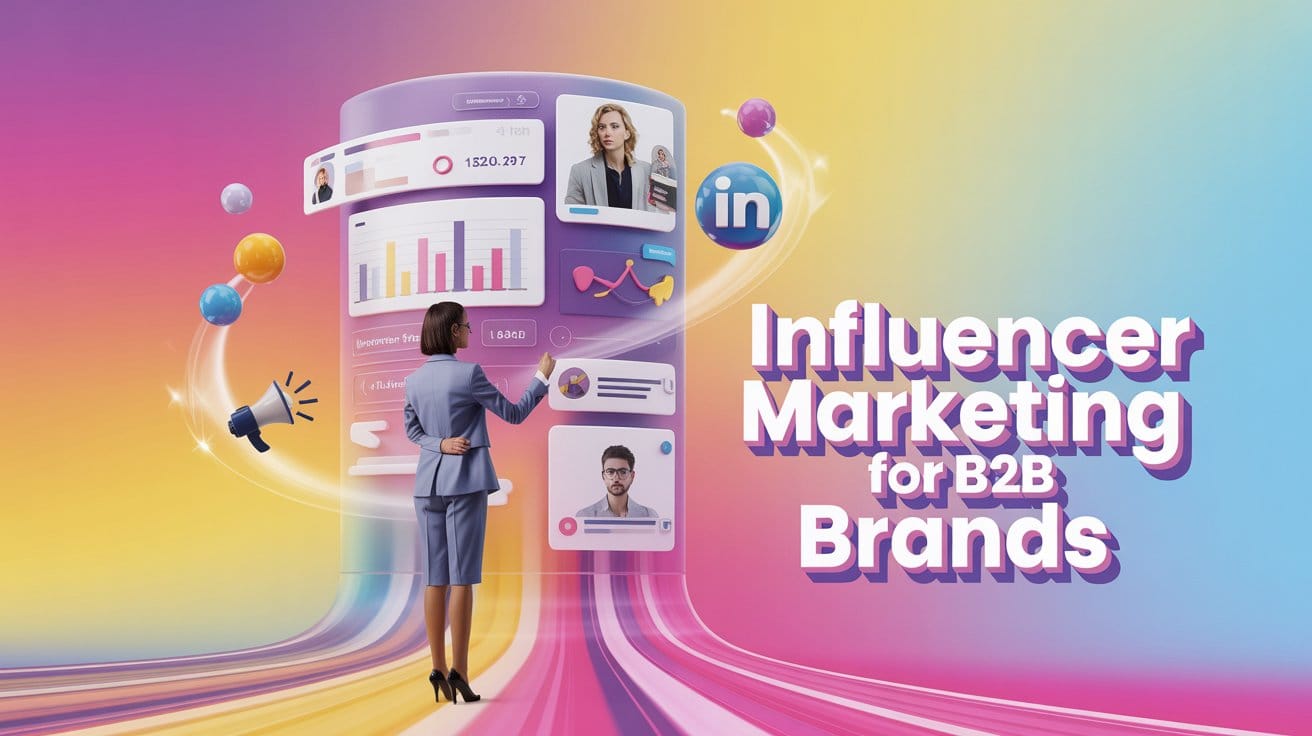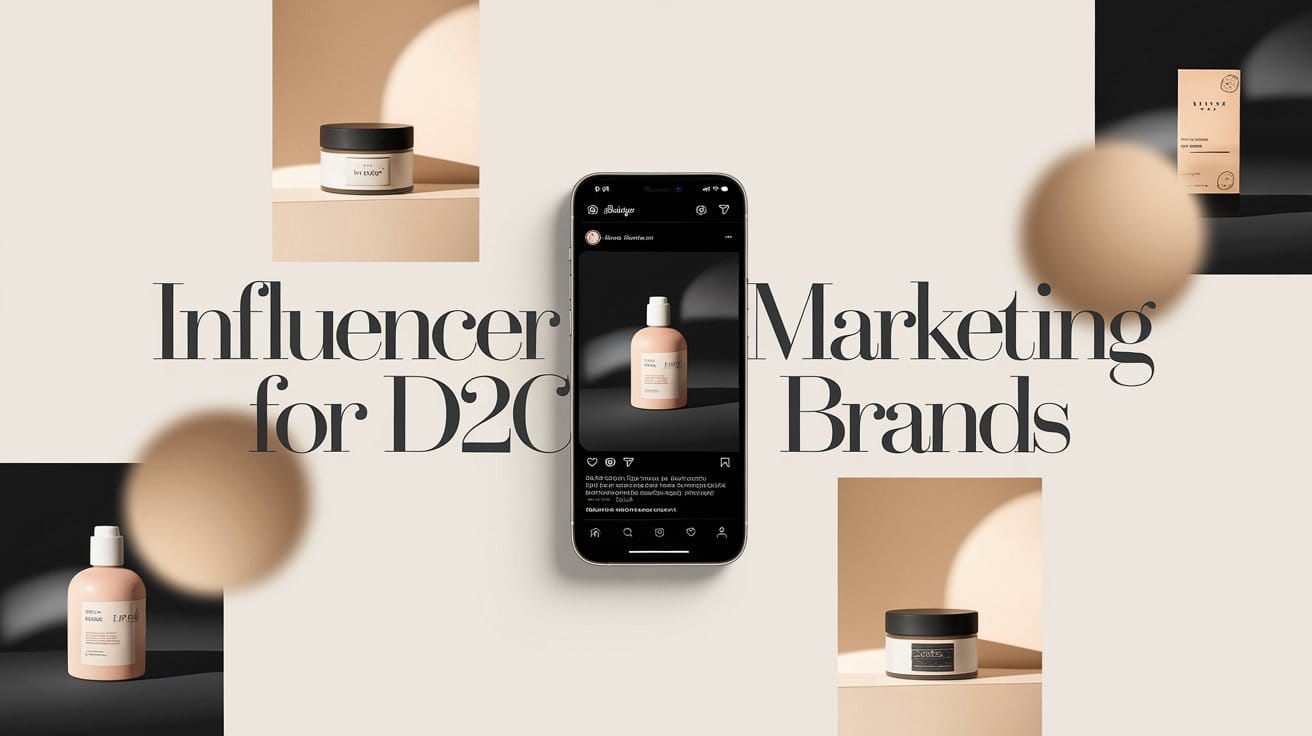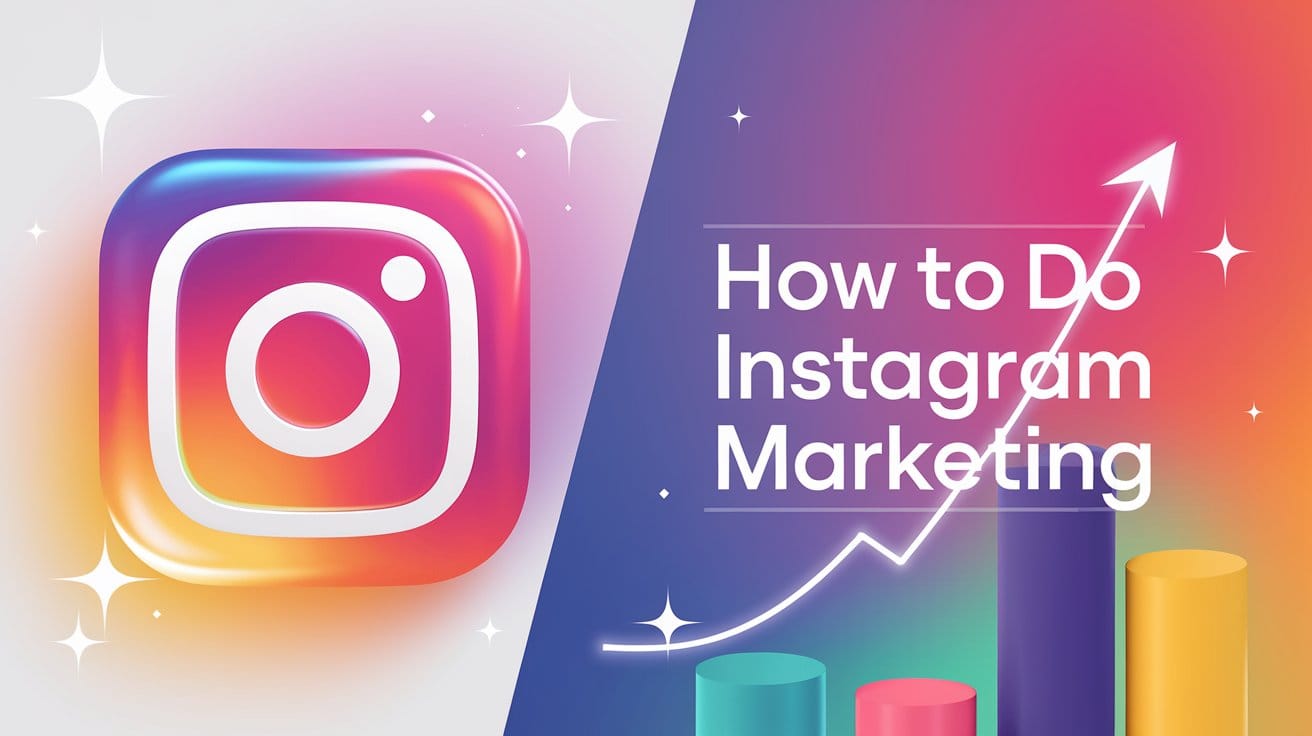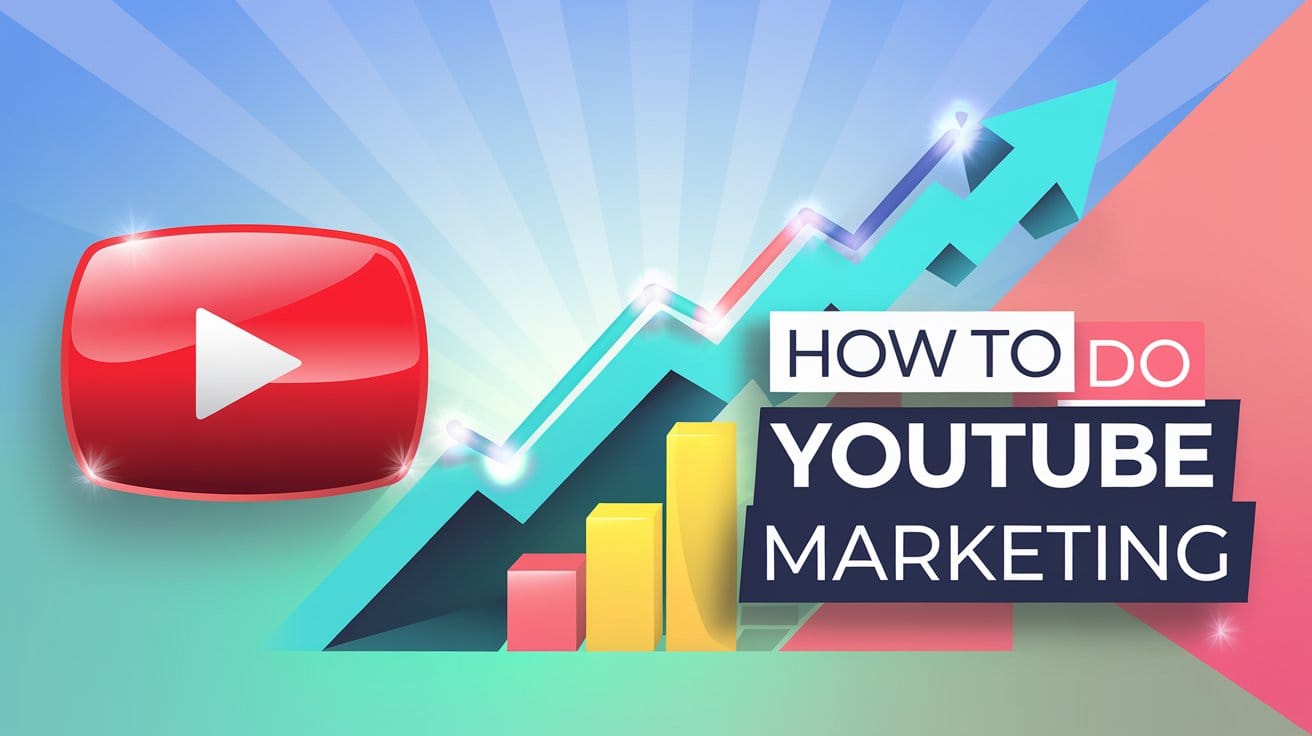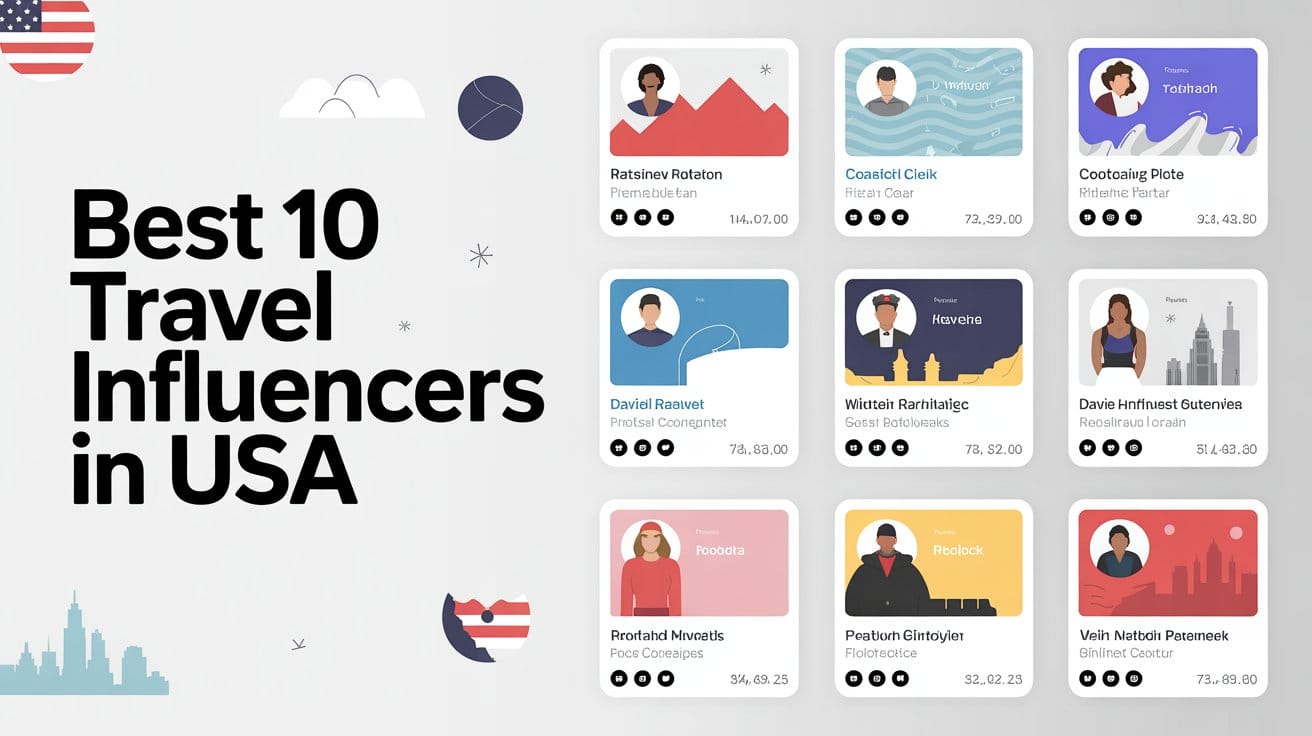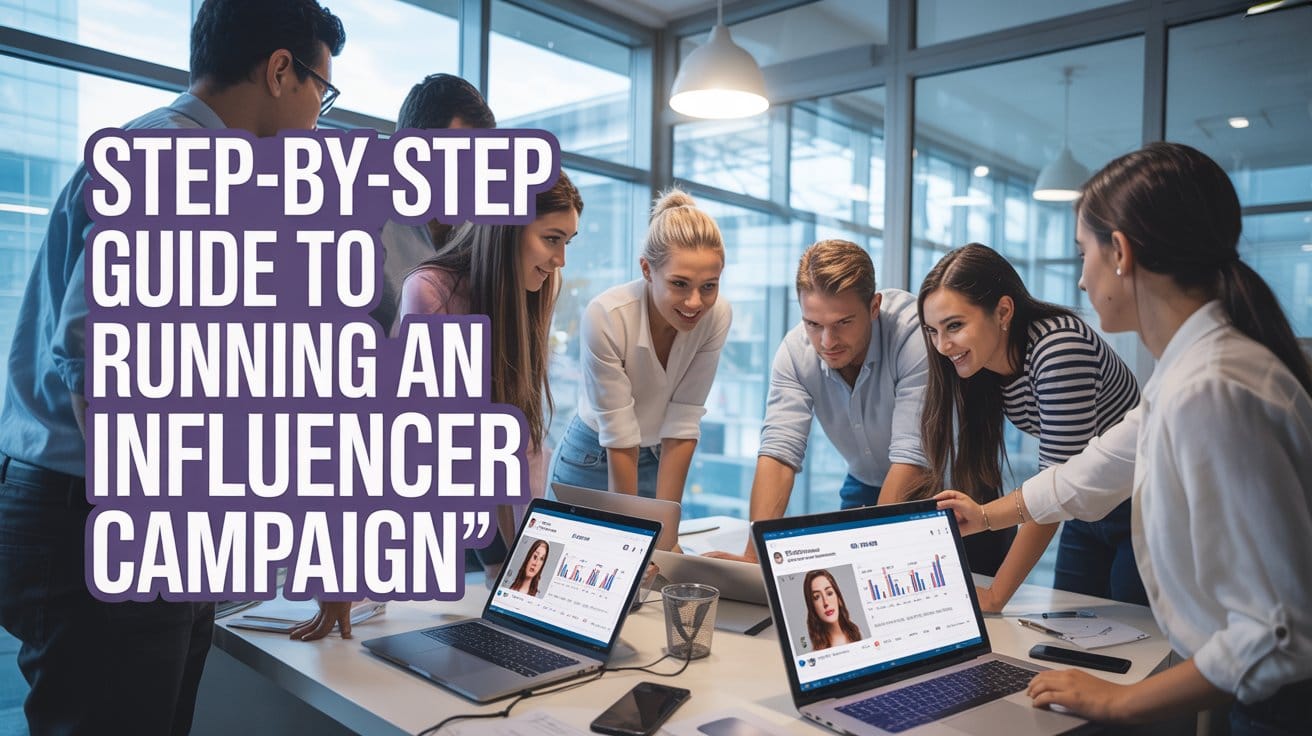Unlocking Growth Through Authentic Connections
In recent years, influencer marketing has evolved far beyond consumer-focused industries like fashion, beauty, and lifestyle. Business-to-business (B2B) brands are now increasingly leveraging the power of influencers to build trust, generate leads, and accelerate growth. Unlike traditional advertising, influencer marketing thrives on authenticity, credibility, and human connection, all of which are highly valuable in B2B decision-making.
This blog explores why influencer marketing matters for B2B brands, how it differs from B2C, the strategies that work best, and actionable steps to implement an effective campaign.
Why Influencer Marketing Works for B2B
B2B sales cycles are often long, complex, and involve multiple stakeholders. Decision-makers aren’t swayed by flashy ads alone; they rely on insights, recommendations, and trust. Influencers in B2B spaces are thought leaders, industry analysts, consultants, or niche creators who already command credibility within a specific sector.
By partnering with these voices, B2B brands can:
- Build Trust at Scale – When respected experts endorse a product or solution, it shortens the trust-building phase in the buyer’s journey.
- Educate and Inform – Influencers often create content that explains complex topics in digestible ways, helping buyers understand how a solution fits into their business.
- Generate Quality Leads – Because B2B influencers typically operate in niche spaces, their audiences are highly targeted and more likely to convert.
- Humanize the Brand – B2B companies can often feel corporate or distant. Influencers add a human voice and relatability to the brand.
How B2B Influencer Marketing Differs from B2C
While both B2B and B2C influencer marketing hinge on trust and reach, there are key differences in approach:
- Audience Size vs. Audience Quality
- In B2C, influencers often focus on broad reach and visibility.
- In B2B, the value lies in smaller but highly targeted audiences (e.g., CIOs, engineers, procurement managers).
- Content Depth
- B2C campaigns thrive on visuals and entertainment.
- B2B campaigns focus on thought leadership, data-driven content, webinars, case studies, and whitepapers.
- Partnership Duration
- B2C collaborations may be short-lived and transactional.
- B2B influencer marketing often involves long-term relationships where influencers become brand advocates.
- Decision-Making Process
- B2C purchases are often emotional and impulsive.
- B2B purchases involve logic, ROI justification, and multiple layers of approval, making credibility essential.
Types of B2B Influencers
When we think of influencers, it’s not just Instagram creators or YouTubers. In B2B, the ecosystem is broader and more nuanced:
- Industry Thought Leaders – Analysts, authors, or keynote speakers who shape industry conversations.
- Practitioners – Professionals who actively use and endorse products, such as engineers or developers.
- Consultants and Advisors – Trusted figures who help companies make purchasing decisions.
- Academic Experts – Professors or researchers whose authority adds credibility to technical solutions.
- Content Creators – Podcasters, LinkedIn creators, and bloggers with niche followings.
Strategies for Effective B2B Influencer Marketing
1. Identify the Right Influencers
Focus on relevance, credibility, and engagement rather than just follower count. Tools like LinkedIn, SparkToro, or specialized B2B influencer platforms can help identify key voices.
2. Co-Create Content
Move beyond product mentions. Collaborate on webinars, roundtables, eBooks, podcasts, or joint research reports. Co-created content not only educates audiences but also positions both the influencer and brand as thought leaders.
3. Leverage LinkedIn as a Core Channel
For B2B, LinkedIn remains the most powerful platform. Influencers here drive high-value conversations, share in-depth insights, and connect directly with decision-makers.
4. Prioritize Long-Term Partnerships
Influencers should feel like genuine advocates, not one-time promoters. Long-term collaborations build consistency, deeper storytelling, and greater trust.
5. Measure Success with the Right KPIs
Instead of just tracking impressions or clicks, evaluate:
- Lead quality and pipeline impact
- Engagement with C-suite and decision-makers
- Brand sentiment and share of voice
- Content downloads or webinar attendance
6. Blend Influencer Content with Paid Amplification
Boosting influencer-created content through targeted paid campaigns helps extend reach to specific decision-making personas.
Case Examples of B2B Influencer Marketing
- IBM partnered with tech influencers to demystify topics like AI and blockchain, driving thought leadership and reinforcing their innovation credentials.
- Microsoft engaged IT consultants and LinkedIn influencers to highlight use cases of Azure, bridging technical expertise with business benefits.
- HubSpot works with marketing experts and creators to co-host webinars and create educational content, nurturing its audience while positioning itself as the go-to for inbound marketing.
These examples show that influencer marketing isn’t about flashy promotions—it’s about credibility and education.
Overcoming Common Challenges
- Finding the Right Fit – Not all influencers align with your brand values. Invest time in research.
- Ensuring Authenticity – Overly scripted partnerships can backfire. Give influencers creative freedom.
- Measuring ROI – Track leads, conversions, and engagement tied directly to influencer campaigns to prove impact.
- Budget Allocation – B2B influencer partnerships may cost less than B2C celebrity campaigns, but they require thoughtful investment in relationship building.
The Future of B2B Influencer Marketing
As digital noise increases, buyers crave authentic, trustworthy voices more than ever. Micro-influencers and niche experts will continue to rise in importance. AI-driven influencer discovery will make matching easier, while video, podcasts, and interactive formats will dominate content collaborations.
Ultimately, B2B influencer marketing is not a trend, it’s becoming a strategic necessity. Companies that integrate it thoughtfully into their marketing mix will not only build stronger brands but also accelerate pipeline growth.
Final Thoughts
For B2B brands, influencer marketing is about more than endorsements. It’s about education, authority, and trust-building at scale. By partnering with the right voices and focusing on authentic, long-term collaborations, brands can transform how they engage decision-makers and win in competitive markets.
Ready to elevate your B2B brand with influencer marketing?
At Fame Keeda, we specialize in connecting businesses with the right voices to amplify trust, generate qualified leads, and drive long-term growth. Let’s craft an influencer strategy that sets your brand apart.
👉 Get in touch with Fame Keeda today



